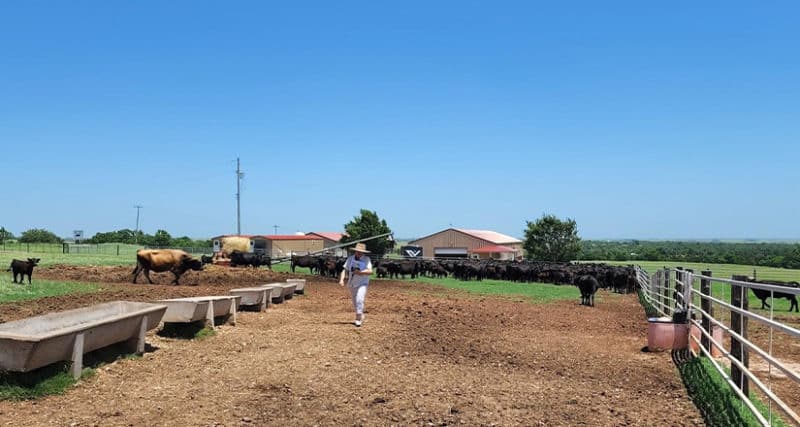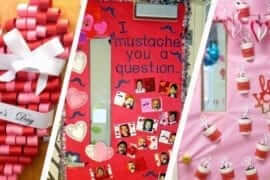Take Next Summer’s PD to a New Level With These 7 Fully Funded Science Teacher Adventures
So, here we go again – back to school. Feelings of excitement for what’s ahead mingle with the melancholy of a summer come to a close. For me, this summer was an incredible adventure, and I’ll show you the snapshots to prove it. Yes, I did bum on the beach, and slept in as often as possible, but I also rafted down a Montana river, wandered through newly born calves on an Oklahoma farm, climbed poles to monitor and band ospreys, and hiked glacier paths and geyser fields. What’s even better is that most of these adventures were fully funded summer PD for teachers!
I am a believer that summer fun and teacher adventuring go hand in hand. There is nothing more energizing and rejuvenating for my teaching, than experiences where I get to engage directly in the real world what I teach about. There are so many opportunities out there to make this happen, both in your own backyard and in destinations far and wide: but you need to start planning now for next summer. These kinds of summer plans don’t happen by accident, or on a whim from your June brain (let’s be real, you’re not getting much of anything from your June Brain!). The best summer experiences are planned RIGHT NOW! Applications will soon be open, and virtual learning background experiences and classrooms are already in the works. So update your resume, prepare a paragraph about why you would be a great addition to programs like these, and consider what kind of programs you would want to spend your time completing over the summer and incorporating in the following school year.
For educators like us there are awesome opportunities out there- and talking from experience- these can be completely financially covered experiences. I am talking paid for flights, hotels, and meals with professional development that wonderfully impact your teaching and the future of your classroom. This isn’t professional development in your backyard, either: there are sites all over our country and world. Have a look at my summer snapshots and get a vision for your next summer.
“Old McDonald Had A Farm” and I went to Oklahoma to see it! Alright, the farmers I met might have had a different name, but they definitely had some cows with a “Moo-Moo here and a Moo-Moo there.” I participated in the On The Farm Beef: STEM Experience. On The Farm flew teacher teams from all over the US (fully paid for ticket, mileage to airport, food while we traveled to and from the airport, and shuttles to and from the airport) to a beautiful hotel right in the middle of Oklahoma City. Each day we gathered and were bussed throughout Oklahoma where we immersed ourselves in the beef and agriculture industry. Our experiences started at the Animal Nutrition and Physiology Research Center of Oklahoma University where WE checked in the yearling calves- including vaccinating cattle against bovine respiratory disease, deworming, and fly treatments. At their Food and Agricultural Center, we learned about food safety, observed a butcher demonstration, and experienced beef nutrition in class and hands on by preparing our own delicious Greek steak bowl. At Pfeiffer Angus Farms we got down and dirty wandering through the herd, and completing pregnancy checks with onsite ultrasounds and physical examinations. On a tour at Lopez-Dorado Foods, we learned about the production of beef and sausage patties for McDonald’s. At the USDA Grazinglands Research Center visit we explored soil health and investigated the carbon cycle and research being done to reduce cattle emissions. And those were just the first few days! On the last day, we concluded our time together with a boat tour of the River Walk.
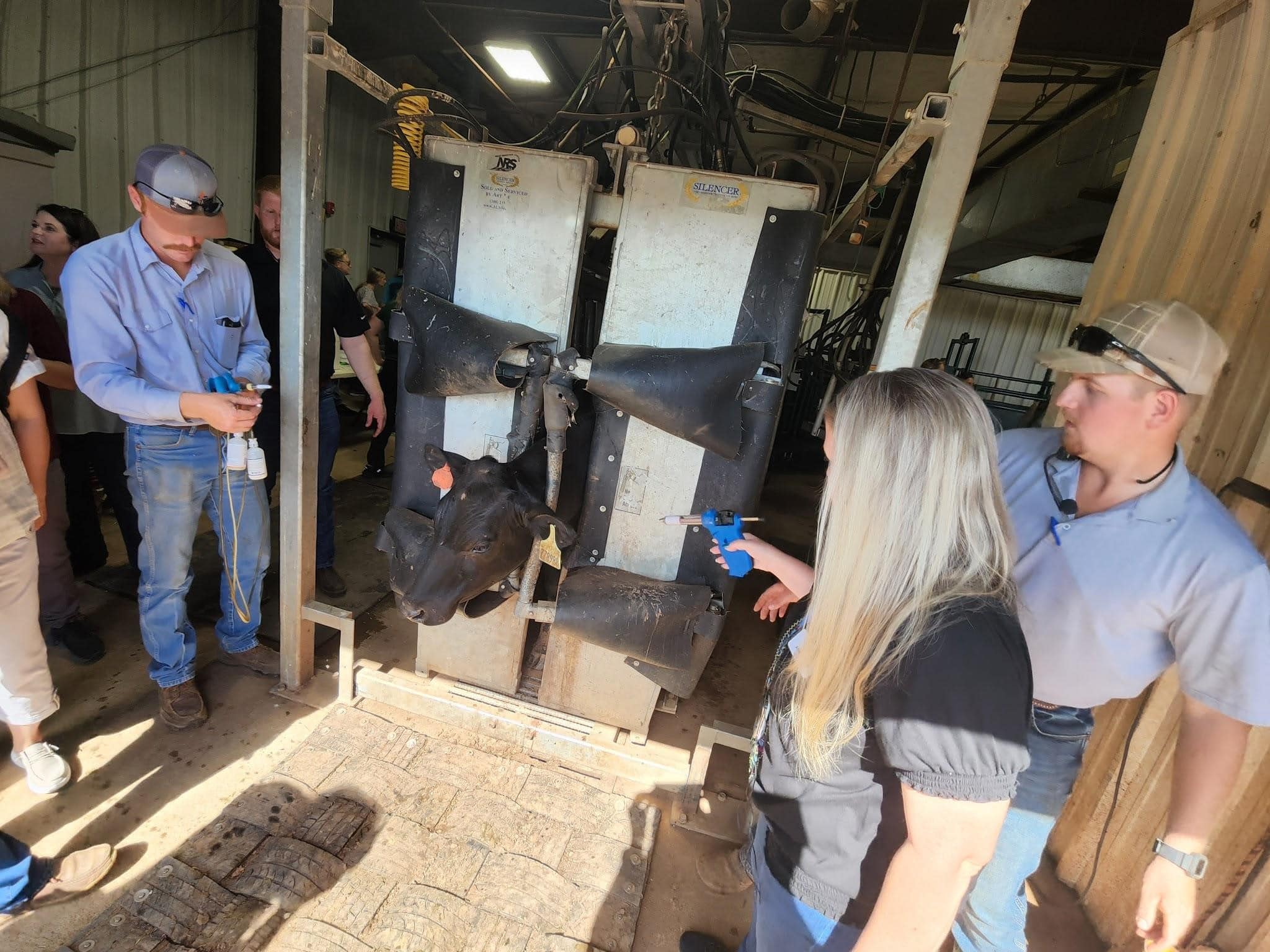
My peers and I didn’t take long to begin thinking about taking it all back to the classroom. Back at our hotel, teacher teams brainstormed about connecting cattle phenomena and NGSS concepts to develop learning experiences for our students. The opportunity to engage in discourse with scientists, agricultural specialists, and other educators was valuable, impactful, and energizing. There are On the Farm beef AND dairy experiences planned for 2023, as well as virtual presentations throughout the year. Be sure to check them out at the link above.
Next, “Home, Home on the Range” was exactly where I was as I was off to roaming the mountains and countryside of Montana. While I saw many buffalo roaming and deer at play, I was mostly on the lookout for osprey in the Wings Over Water program. I and my fellow teachers became osprey experts during a week-long, interactive, and field-based summer institute based at the University of Montana. We stayed right on campus at the beautiful Montana University- and met either on site, or a mile down the river walk at the Montana Natural History Center. Our flights, travel, overnight stays, food, and activities were all covered by the program. We visited several nests throughout the week, observing the parents, chicks, taking blood samples, weighing, banding, and then placing the babies carefully back in the nest with the present of a big fish for mom. One of the sites we visited was Hell’s Gate where Iris’s (the oldest known osprey at 25) nest is equipped with a camera that enables the world to observe and enjoy virtually. We traveled to Fort Missoula to observe and experiment at the flight lab- trying different wings in the wind tunnel and taking videos of flying birds to observe flight patterns in slow motion. The president of the local Audubon Society welcomed us to his home for a backyard BBQ one night, where we met a member who later took us bird watching at the Lee Metcalf National Wildlife Refuge at dawn! After learning about the watershed and waterways that led to Missoula where we were staying, we traveled to Milltown State park where we could see the rivers meeting, before driving up to Butte to observe the headwaters and Berkeley Pit. Butte is Known as “America’s Mining City” and contains “The Richest Hill on Earth”. The once open copper mine there was used to electrify most of America and is now part of the largest superfund site in the country. They are working hard to keep their community and watershed clean and safe. On our last day, we rafted the Clark Fork River where we searched for macroinvertebrates to check the health of the river. When the program concluded, I made my way to Glacier National Park and Yellowstone before heading home to New Jersey.
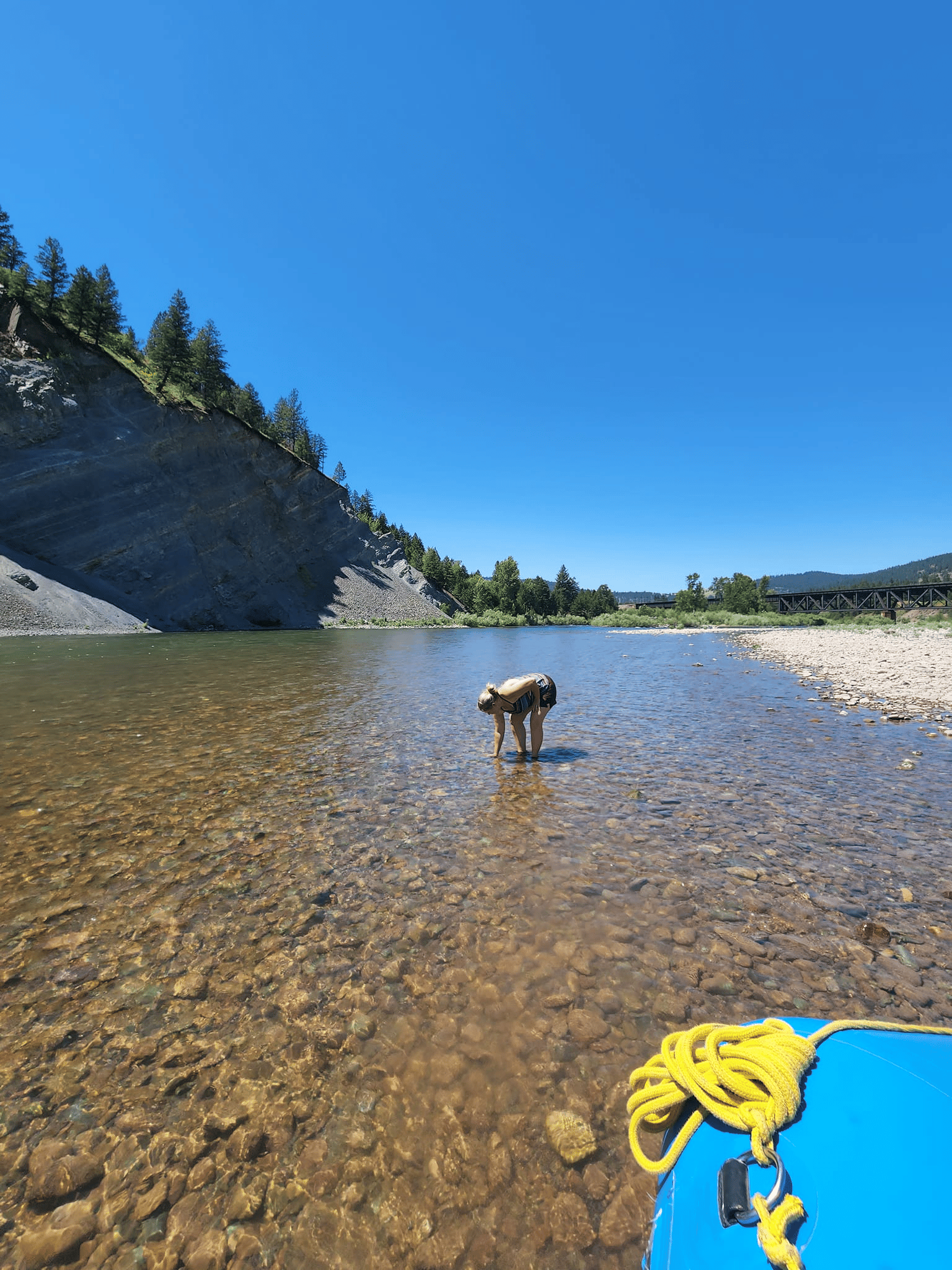
Back in the Garden State, I turned their curriculum around immediately by teaching a summer program for my middle school students called, “Ecology through the Eyes of the Osprey.” We got outstanding reviews and I will be presenting our program at the NJ Science Convention in October. Wings Over Water will be accepting applications for their 2023 program soon and you can use the link above to stay informed.
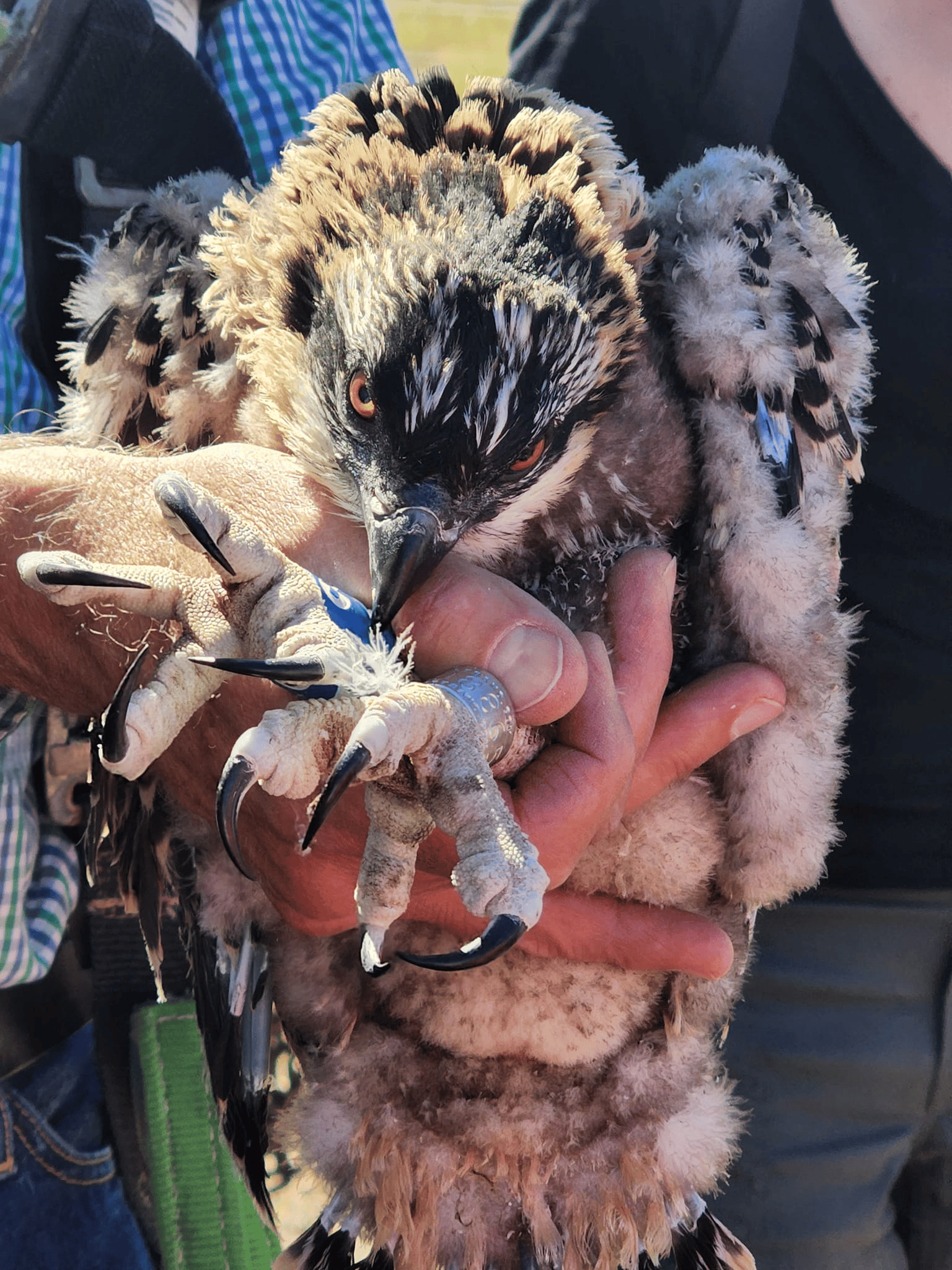
Well, those are my summer snapshots. I hope that you found some inspiration for planning your adventures and all of the great lessons that will come from them. Research for yourself, and check out some other opportunities below that I haven’t tried yet… next year’s summer snapshots await!
Real World Science: Hosted by the National WWII Museum in New Orleans and open to 5th-8th grade science teachers Breakfast, lunch, and two dinners are provided, along with shared accommodations at the Higgins Hotel across the street from the museum. They reimburse for standard travel to and from New Orleans for the week. Teachers will take field trips to WWII related sites in the region, and visit galleries of the NWWII Museum daily and are expected to return to their region and conduct a short workshop on Real World Science, and to implement the curriculum in their classroom.
McDonald Observatory Teacher Workshops: McDonald Observatory offers a three day spectacular setting for teacher workshops in the Davis Mountains of West Texas that includes telescope tours, discussions with resident researchers, and nighttime observations. Educators experience inquiry-based activities aligned with science and mathematics teaching standards, practice astronomy skills under the Observatory’s dark skies, and work with nationally recognized astronomy educators. A generously sponsored $100 fee covers your lodging at the Astronomer’s Lodge on Mount Locke, as well as all materials and meals.
Teacher Workshops in Conservation Science at the San Diego Zoo: A free, three-day, grant-funded professional development opportunity for middle and high school science educators at the San Diego Zoo Safari Park in Escondido, California All room and board included- and you are given a $500 stipend to help cover airfare.
Foothills to Tundra: The Denver Museum of Nature and Science offers this four-day residential course focused on the changing ecosystems in Rocky Mountain National Park to science teachers AND the public. A grant-supported $300 fee covers your lodging, day trips, and food.
Project Atmosphere Workshop: The American Meteorological Society’s Project Atmosphere offers an online plus five-day on-site residence at the National Weather Service Training Center in Kansas, Missouri for science teachers who teach courses with atmospheric content. Science teacher participants will receive a $300 stipend, plus lodging, air or land travel expenses, tuition AND a food allowance.
– Jessica Cicalese Kurtz


